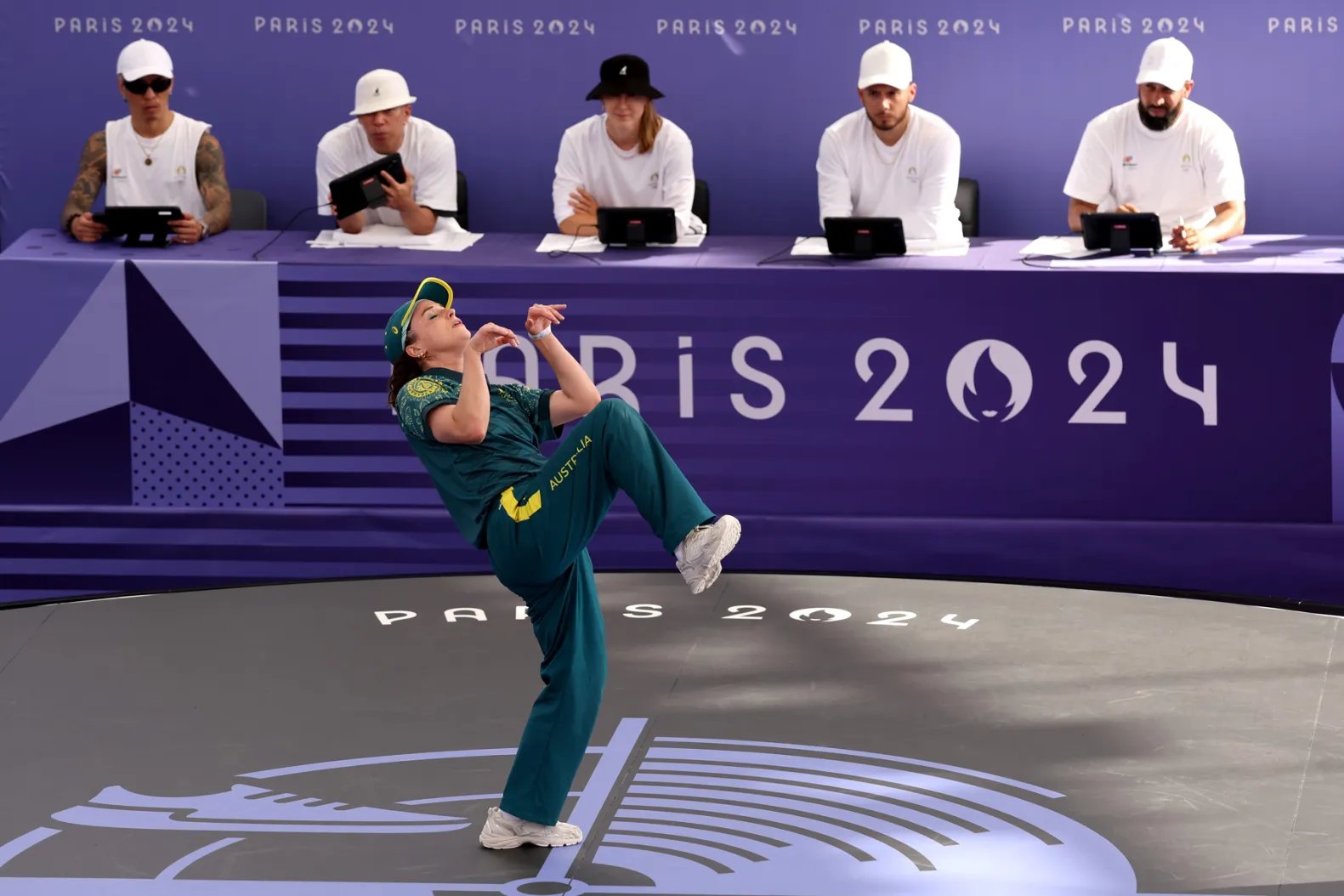Breakdancing’s Olympic Future in Doubt After Raygun’s Disastrous Performance
Australian breakdancer Raygun’s performance at the Paris 2024 Olympics has sparked significant controversy, leading many to question the future of breakdancing as an Olympic sport. The performance, widely criticised as lacklustre, has reportedly contributed to the International Olympic Committee’s (IOC) decision to exclude breakdancing from the 2028 Los Angeles Games, even before the Paris event commenced.
The decision reflects a broader lack of confidence in the World DanceSport Federation’s (WDSF) ability to establish breakdancing as a credible Olympic discipline. Despite WDSF President Shawn Tay’s efforts to frame the Paris Games as a crucial opportunity to showcase the sport’s value, the subpar showing has only amplified doubts.
Tay had highlighted breakdancing as a sport celebrated for its diversity and inclusivity, aiming to appeal to younger audiences. However, critics argue that breakdancing remains a niche activity, lacking the athleticism and global recognition that characterise more traditional Olympic sports such as swimming, gymnastics, and athletics.
The IOC’s decision to drop breakdancing sends a clear message: Olympic inclusion demands not just participation, but the demonstration of genuine athletic prowess. As the dust settles on Raygun’s disappointing performance, the future of breakdancing in the Olympics remains uncertain, with the spotlight shifting back to the core sports that have long defined the Games.



